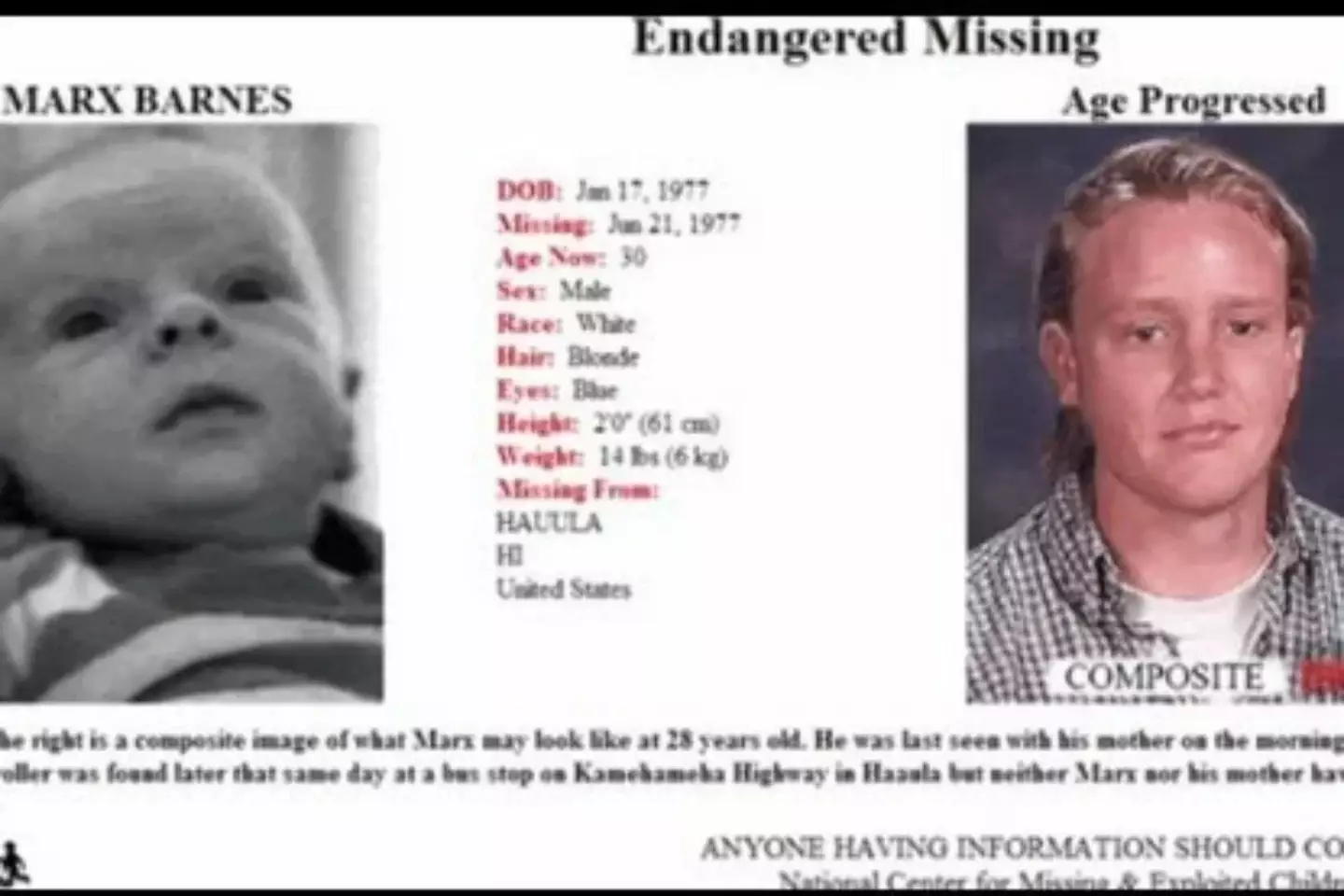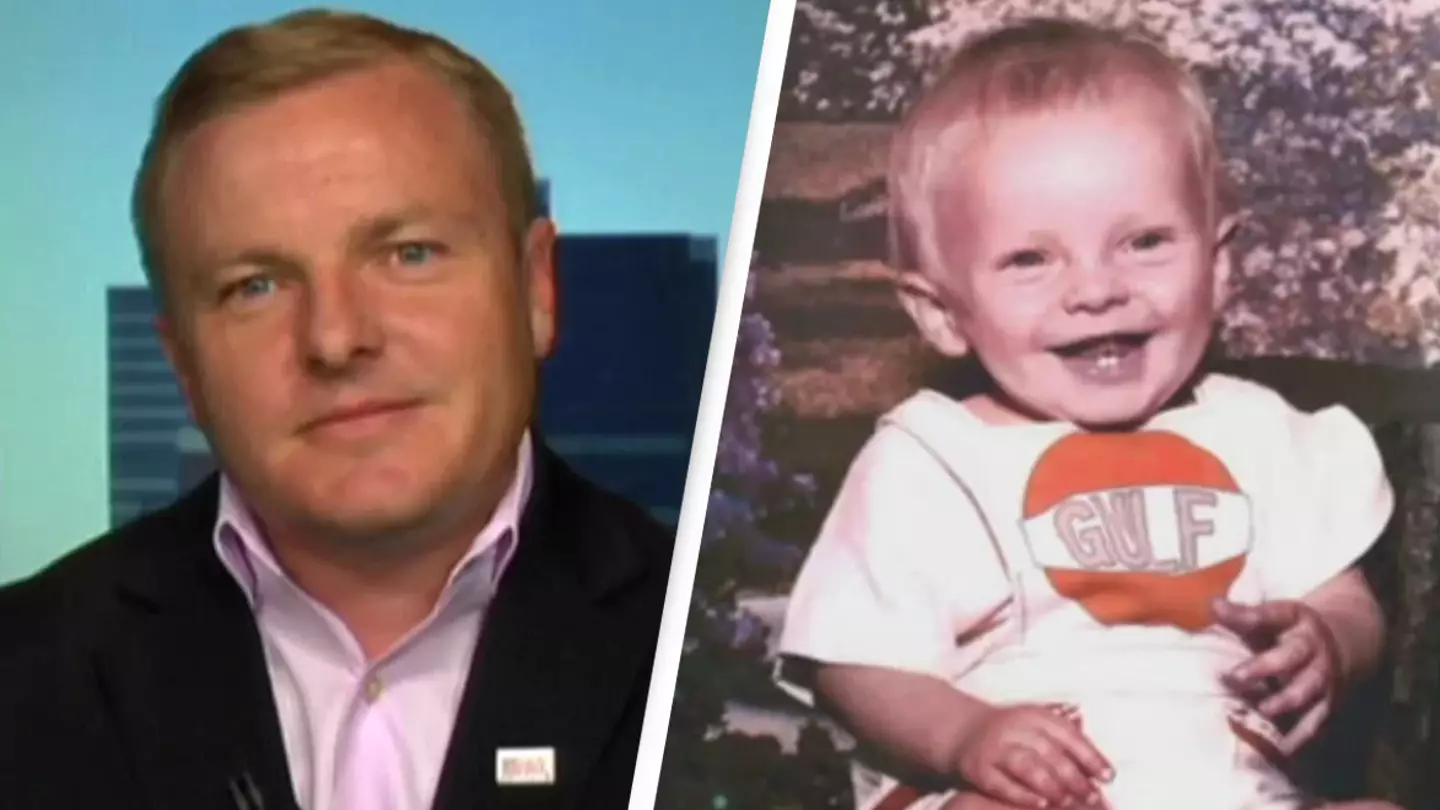A man named Steve Carter, who began delving into his early childhood history, was shocked to discover his own image on a website dedicated to missing children. For many, the early years are well-documented through photographs, memories, and family stories. However, for Carter, who was adopted from an orphanage in Honolulu, Hawaii, at the age of four, many questions about his origins remained unanswered.
During an episode of the What It Was Like podcast, Carter, a salesman, shared, “I had an amazing childhood. I was adopted and raised by two individuals who are just phenomenal… They’ll always be my parents.” Despite his positive upbringing, the mystery of who had left him at the orphanage and why lingered.

The curiosity about his past was sparked when Carter heard a radio story in 2011 about a woman who found out she had been abducted as a child after seeing her image on a missing children’s poster. Motivated by this story, Carter began searching for missing children in Hawaii online and astonishingly found a photograph of himself as a baby on MissingKids.com. The website also featured a digitally aged image showing what he might look like as an adult, created from photos of his biological parents.
“I immediately knew that it was me,” Carter explained. He decided to investigate further and contacted the police to explore his suspicions. After undergoing a DNA test and a series of investigations, it was confirmed that the child in the photo was indeed him.
Carter discovered that his birth name was Marx Panama Moriarty Barnes. His father, Mark Barnes, had reported him missing after his mother, Charlotte Moriarty, took him for a walk in June 1977 and never returned. The story took a strange turn when Charlotte reportedly visited a stranger’s home, provided false names for herself and her son, and later checked into a psychiatric hospital. The young Barnes, later named Steve Carter by his adoptive parents, was placed in protective care, which led to his adoption.

Although he was raised in New Jersey by Steve and Pat Carter, the truth about his origins unearthed a past that had been obscured for years. Carter eventually reconnected with some of his biological family, including a half-sister and his father, surprising them with the news of his discovery.
However, Carter never had the chance to meet his biological father in person, though they exchanged letters and emails. Reflecting on their first phone conversation, Mark Barnes told People magazine in 2012, “All I could say was, ‘Wow. Oh, wow. Wow.’ I always expected a knock at the door or a phone call.”
Steve Carter’s story is a profound reminder of the unexpected paths our lives can take and the enduring importance of discovering our roots.

